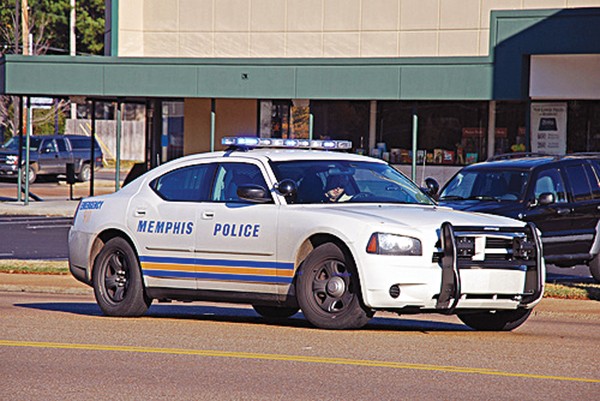
The Memphis City Council continued its discussion Tuesday about lifting the residency requirements for the city’s police and fire personnel, but with a few changes.
The original ordinance, sponsored by council members J. Ford Canale and Gerre Currie, would allow voters to choose whether or not Memphis Police Department (MPD) and Memphis Fire Department (MFD) personnel should have to reside in the city or county, or if they should be allowed to live up to two hours away.
Tuesday Canale proposed four amendments to that ordinance. The first is developing a point system that would create preferential hiring for officers living within the city. The second is implementing a take-home car program for officers living in the city.
The third amendment would change the language of the ordinance, allowing officers to live in bordering counties or within a 50 mile radius instead of the originally proposed two-hour radius.
Finally, Canale recommended that the department only hire outside of the county when the department dips below a full complement of about 2,500 officers.
“We have one goal and only one goal in mind here — to get more men and women to serve the citizens of Memphis,” Canale said. “We’re not on a mission to hire people who don’t live in Memphis. We’re on a mission to put men and women on the street to protect Memphis.”
Councilwoman Cheyenne Johnson questioned why MPD is not able to find enough applicants within the city to fill its roles.
[pullquote-1]
MPD Director Michael Rallings said police departments across the country are experiencing a recruiting crisis and are challenged to find qualified applicants.
MPD Major Sharon Cunningham told the council that of the 13,000 MPD applicants since 2016, only 470 completed the entire application and training process to become officers.
More than half of those who show interest in becoming an officer either never turn in a completed application with the required documents or never show up for the next step in the hiring process.
Of those that do follow through, “Cunningham said 56 percent don’t make it through the physical ability test. Additional applicants are lost after a background check, psychological evaluation, and medical exam.”
After making it through each of these tests, applicants still must graduate from the Police Training Academy. Cunningham said potential officers are often lost here due to injuries.
Rallings added that retention is also an issue, as MPD officers are “highly skilled” and often recruited to work in other departments across the country or here at the Shelby County Sheriff’s Office (SCSO).
“What does the Sheriff’s office have that we don’t?” Councilwoman Jamita Swearengen responded.
Working for the SCSO is “very different,” Rallings said, noting the county’s lighter workload and lower call volume. “You can’t even compare the level of work. It’s like comparing apples and oranges.”
Shifting the focus away from recruiting efforts, Councilman Berlin Boyd told his colleagues that recruiting more officers won’t change the crime demographic in the city, unless the root cause of poverty is addressed.
No votes have been taken on the ordnance yet. If approved by the council after three votes, voters will make the ultimate decision on the ballot next fall.